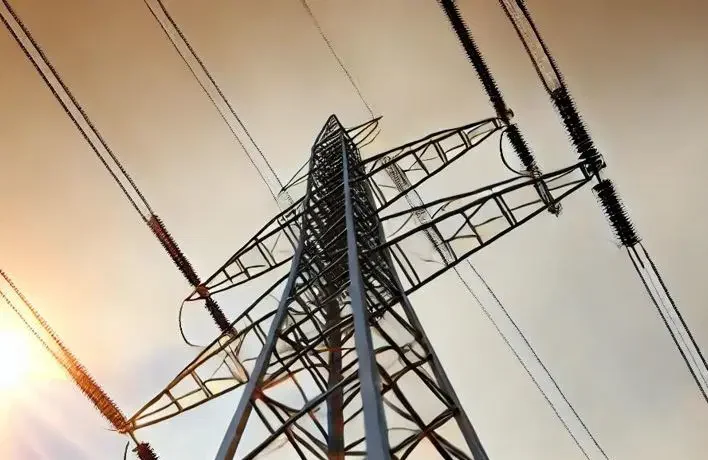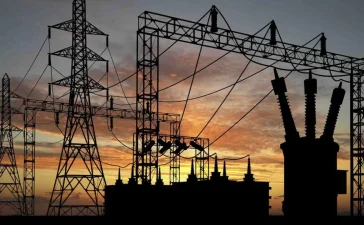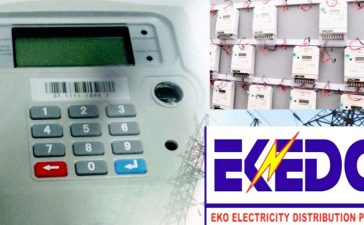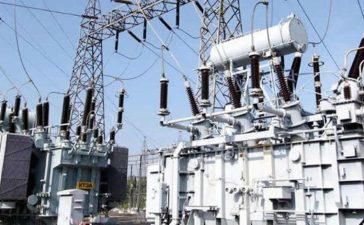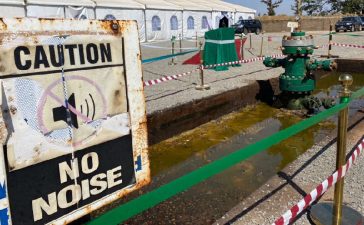The Federal Government has set an ambitious target to increase electricity supply to 8,000 megawatts (MW) within the next 12 to 18 months, banking on the improved oversight of the national grid by the newly operational Nigerian Independent System Operator (NISO).
Speaking at a leadership retreat for NISO’s top executives in Abuja, the Director General of the Bureau of Public Enterprises (BPE), Mr. Ayodeji Gbeleyi, said Nigeria currently has over 14,000MW in installed generation capacity, but only manages to supply around 5,500MW daily due to transmission and distribution bottlenecks.
“It’s not a tall order to believe that within 12 to 18 months, we can increase supply by at least 50%,” Gbeleyi stated. “The generation capacity exists. What we need is improved grid management and infrastructure investment.”
To aid the push, the FG has secured a $500 million loan from the World Bank, earmarked for upgrading the distribution network and deploying 3.2 million electricity meters. A separate presidential metering initiative is expected to deliver 2 to 3 million additional meters.
NISO’s New Role and Mandate
NISO, recently unbundled from the Transmission Company of Nigeria (TCN), now assumes full responsibility for managing the national electricity grid independently and strategically.
Chairman of the NISO Board, Dr. Adesegun Akin-Olugbade, described the move as “a new idea, not just a new institution.”
“We are responsible for real-time grid operations, long-term system planning, and electricity market development. When power fails, everything else—healthcare, industry, security—suffers,” he said.
Private Sector Vital to Achieving 8,000MW
Engr. Abdu Bello, Managing Director/CEO of NISO, emphasized that the 8,000MW power supply target is attainable, but only through focus and collaboration with the private sector.
“If we stay committed and attract the right investment, the goal is achievable,” Bello noted.
Mr. Tajudeen Ahmed, Executive Director of Portfolio Management at the Ministry of Finance Incorporated (MOFI), affirmed the government’s full backing for NISO.
“We will ensure that NISO is empowered to succeed. Energy is central to national development,” Ahmed said.
The leadership retreat signals a renewed focus on grid stability, transparency, and innovation, seen as key enablers of sustainable power supply and economic growth in Nigeria.

